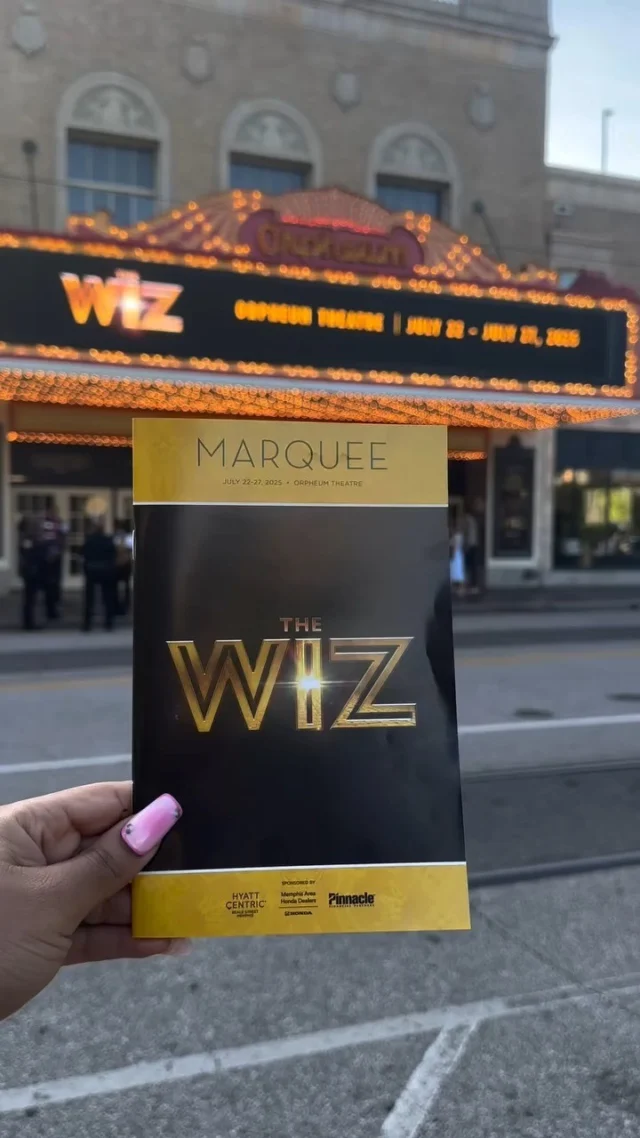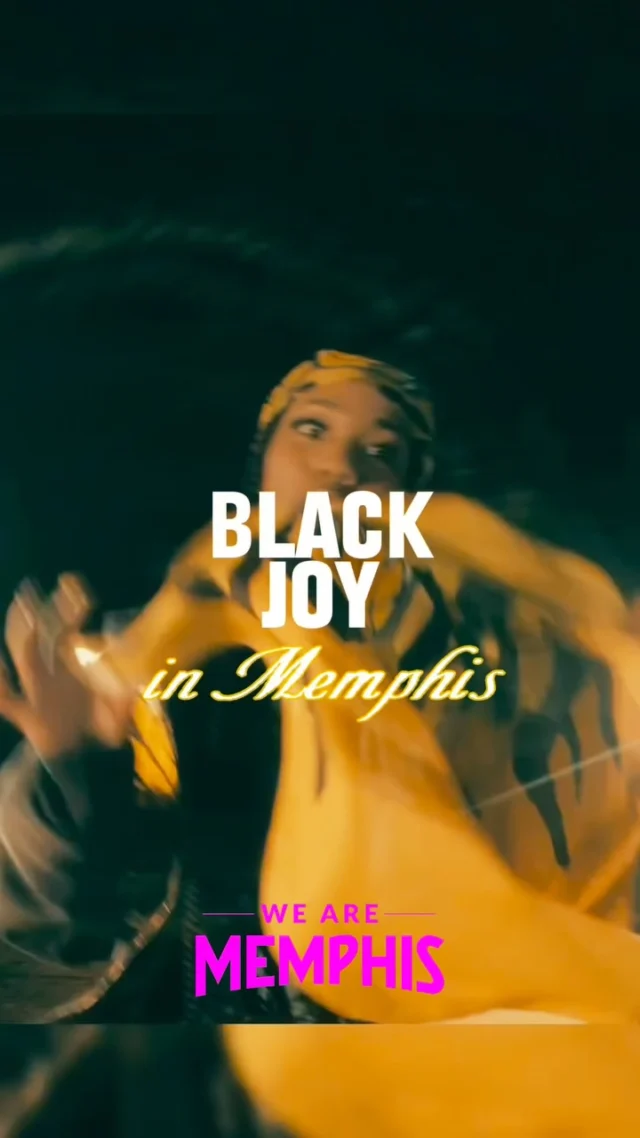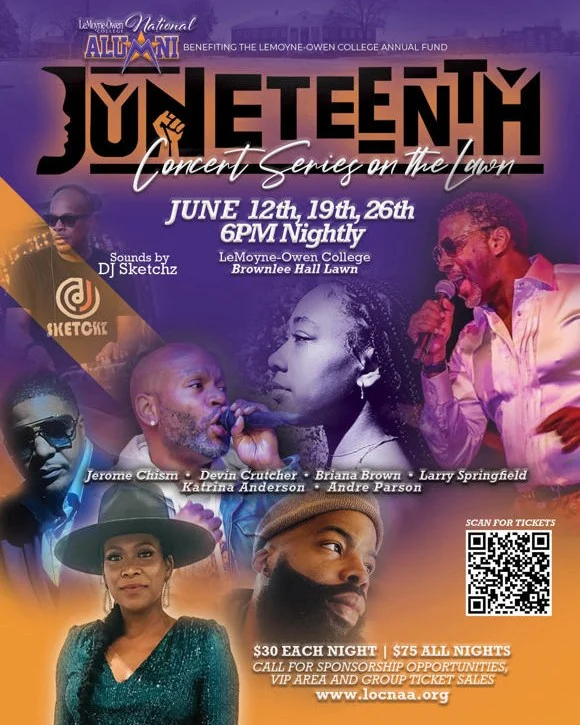As the legendary Hattiloo Theatre prepares to launch its 18th season, we sat down with founder Ekundayo Bandele to learn more about his story, the history of the theatre, and what’s coming next.
In the heart of Memphis, a vibrant cultural gem shines brightly — a beacon of diversity, creativity, and community. As the only freestanding Black repertory theatre in five surrounding states, Hattiloo Theatre offers charming, engaging, and thought-provoking artistic performances that attract over 5,000 people annually. As the team behind Hattiloo prepares to launch its 18th season, we chatted with visionary founder Ekundayo Bandele about his story, the history of Hattiloo, and what we can expect in the future.

Ekundayo’s journey began in Brooklyn, where he spent his formative years, but frequent visits to his father in Memphis sparked a connection that would shape his life. When it came time for college, he opted for Tennessee State University. A writer from a young age with a love of literature, he chose English as his major; a teacher’s suggestion to explore playwriting led him to the powerful world of theatre. His passion for language and dialogue in plays, coupled with a background as a hip-hop rapper and spoken word artist, set the stage for Ekundayo’s emergence as a playwright. For several years, he participated in local theatre in various capacities as he got deeper into the art form.
“Streets Paved with Black Folk was my first-ever play, performed in Nashville,” he said. “The show was a flop — but I felt my potential.”
Ekundayo made another all-important connection in college — he met his beautiful wife Nicole there. They chose Memphis as their home, finding stability and community as they welcomed two daughters, Hatshepsut and Oluremi, with the nicknames Hatti and Loo. We likely don’t need to explain where the theatre’s name originated! The unique and special “Hattiloo” is a nod to Ekundayo’s love for his family and a reminder of the positive power of art and culture.

Ekundayo is pictured here with his lovely daughter Hatshepsut — the Hatti of Hattiloo. Image: Hattiloo Theatre
Ekundayo’s foray into the performing arts in Memphis began with pop-up performances at his vintage store Threads, located in the Edge District. He also produced plays at Southwest Community College, Lemoyne Owen College, Brooks Museum, and various spoken word events throughout the city.
Something was lacking, however: opportunities for Black people in the theatre community. “I knew that in a predominantly Black city, there should be more Black art,” he says.
Ekundayo’s vision for expanding opportunities for Black artistry materialized in 2006 with the opening of the original Hattiloo Theatre on Marshall Avenue. Diversity, equity, and inclusion became the pillars of Hattiloo’s brand, offering a safe space for Black stories to unfold authentically. Hattiloo is more than a venue; it lives the stories it tells, engaging audiences and serving as a library of diverse narratives.

Meet the talented and charming cast of the thought-provoking original play Take the Soul Train to Christmas. Image: Hattiloo Theatre
Hattiloo’s growth through its Marshall Avenue years (2006-2014) was fueled by community support, mentorship, and the guidance of major donors. “I attribute the initial growth of Hattiloo to everyone who taught, invested, supported, and introduced me to the world of entrepreneurship,” he says.
Act Two saw the construction of the Overton Square location, with a debt-free opening in June 2014. Chairpeople like Van Turner, Cordell Owens, J.W. Gibson, Carolyn Bishop, and Amy Simpson became integral partners in Hattiloo’s journey, each contributing unique elements to the theatre’s evolution. Ekundayo’s collaborative approach ensures that Hattiloo is not just his vision; it’s a collective tapestry woven by the community.
Throughout its history, Hattiloo has showcased a diverse range of plays that resonate with its audiences. Some of the early productions include Home by Sam Williams, Jard the Floor by Sherryl West, Don’t Bother Me, I Can’t Cope, Macbeth, and Shakespeare’s Women.
Ekundayo’s personal favorites include Saraphina, one of the last shows at the Marshall location; Once on this Island, the first play at the new location; African Mean Girls; Ruined; and The Bluest Sky, directed by Ekundayo himself.

The sparkling comedy African Mean Girls is a favorite with Ekundayo and Hattiloo audiences. Image: Andrea Zucker

“I know a show is a favorite when I’ve seen it more than once as an audience member,” he tells us.
While Ekundayo has authored plays like Judas’ Hands and Scrudge was a Brother, he intentionally limits his productions at Hattiloo, steering away from making it a shrine of his work. His focus remains on creating a platform for diverse voices within the Black theatre landscape.
“When Hattiloo opened, there were very few Black plays being done. Hattiloo paved the way for an explosion of Black plays. We’re excited that other Black artists have more opportunities and that more Black stories are being told,” Ekundayo says. “Hattiloo is a trailblazer.”
Today, that trailblazer is a larger reflection of the Black community in Memphis and nationwide — a place where Black art is not only showcased but celebrated. “Hattiloo also shows that a Black business can provide high art, high quality, and amazing customer service,” Ekundayo explains. “This is a priority for Hattiloo — the overall ‘Hattiloo Experience.’ Everyone employed by Hattiloo Theatre, from the box office to ushers, reflects a home for guests. We want Hattiloo to shine like a candle in the dark.”
As Season 18 begins, Ekundayo hints at a future that transcends routine. The 20th anniversary looms, promising shows that challenge and resonate, expanding the Black repertoire and experience. Plans for 2025 include elevating Hattiloo’s mission, potentially altering show frequency in favor of impact, and pioneering initiatives like a Black Theatre Management fellowship.

As Ekundayo envisions Hattiloo becoming more active in developing Black theatre nationally, he reflects on the profound impact the theatre has had on the cultural landscape. In a world that often adheres to the “same ole same ole,” Hattiloo remains a dynamic force, promising a future that shines as brightly as its storied past.
This article was originally featured at “styleblueprint.com”
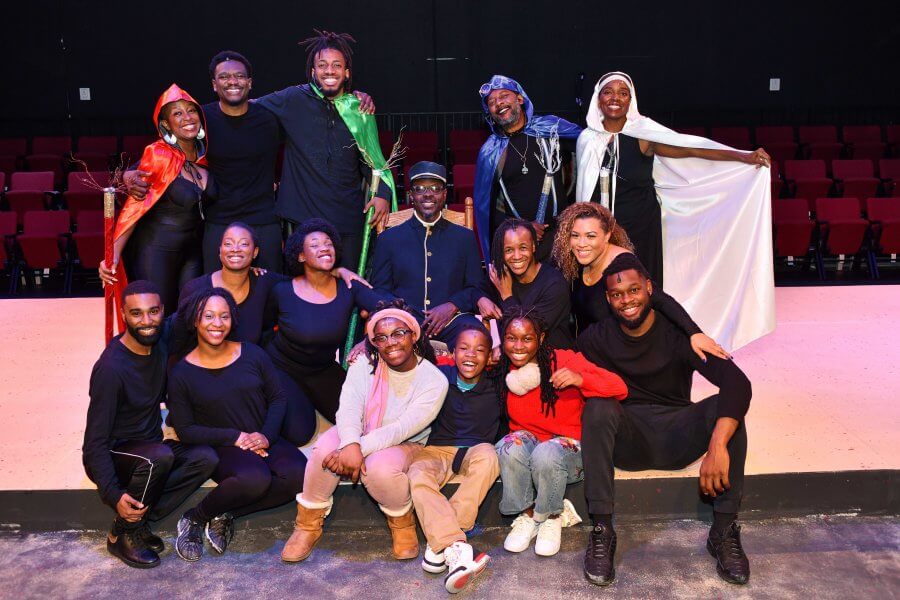





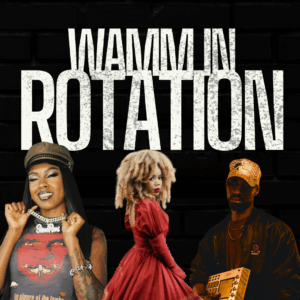


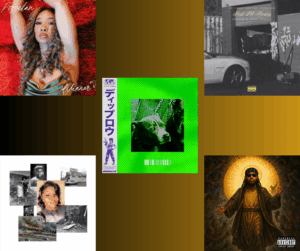



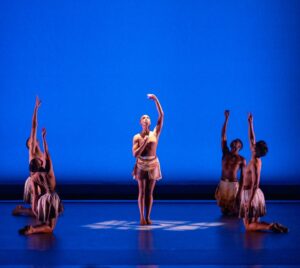





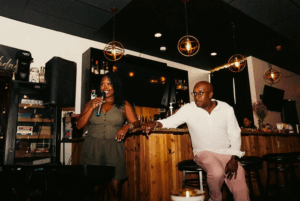






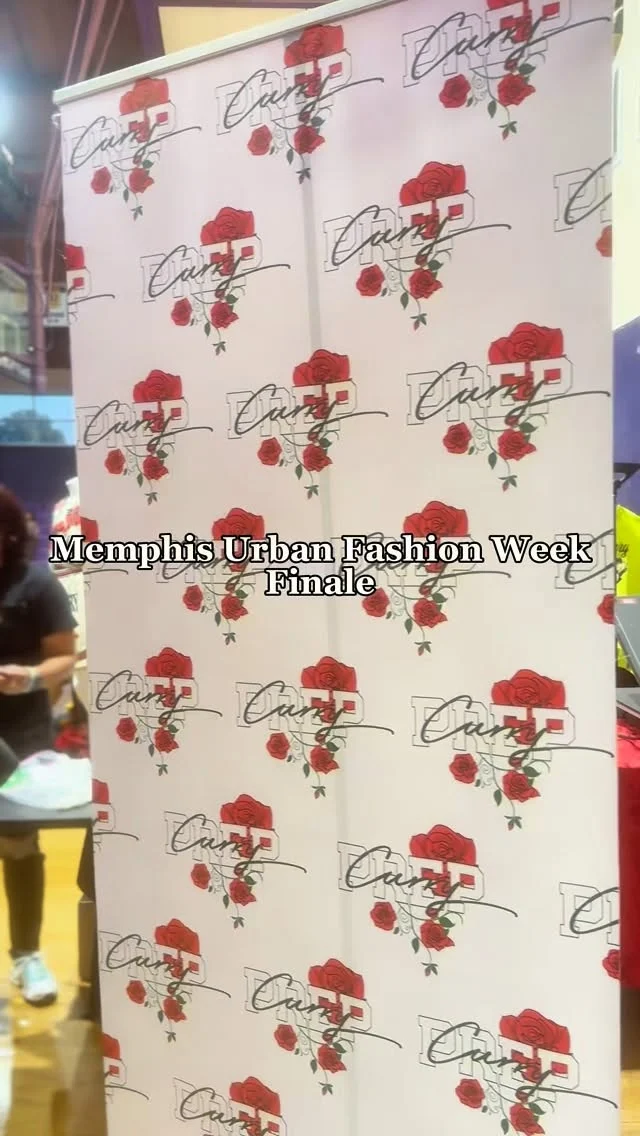
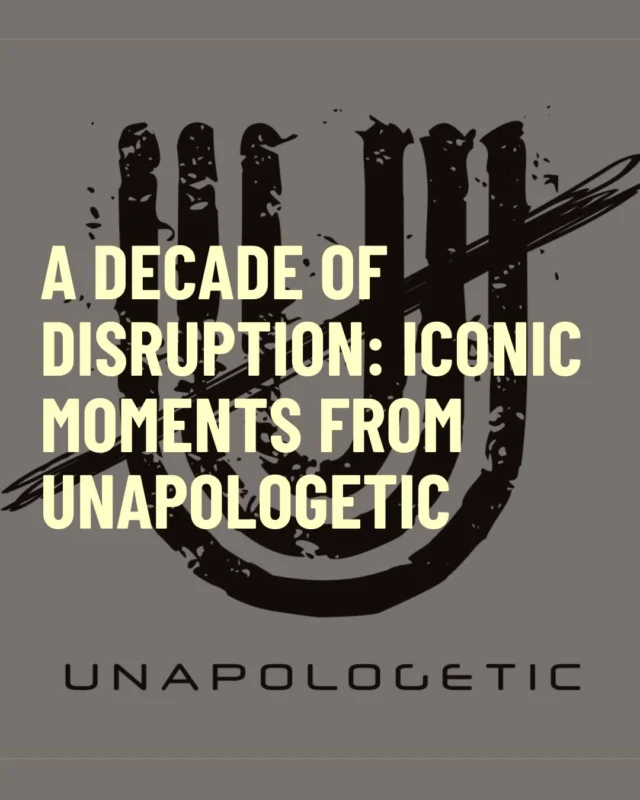


![The countdown is ON, Memphis! We’re officially 30 days out from the @unitememphis 5K + 1-Mile Walk/Run—and this year, we’re stepping into unity on 901 Day 🙌🏽
📍 Monday, September 1 | National Civil Rights Museum
🕘 Start time: 9:01AM
🎶 Food, music & fun to follow
Whether you’re walking or running, this isn’t just a race—it’s a movement. And there’s no better time to join in than now. 👟✨
🎓 COLLEGE STUDENTS: Be one of the first 100 to register using your .edu email with promo code NEXTGENUNITE and your ticket is just $10 (that’s a $32 savings 👀). Limit 2 per person, so tell a friend!
Let’s walk. Let’s run.
Let’s #UniteMemphis 💛
🔗 [link in bio]](https://wearememphis.com/wp-content/uploads/sb-instagram-feed-images/526805187_18335272954206022_6056852028660485499_nfull.webp)
